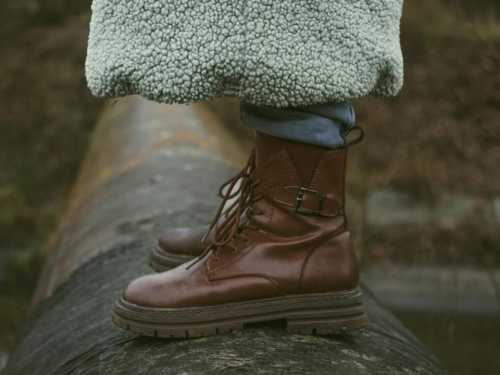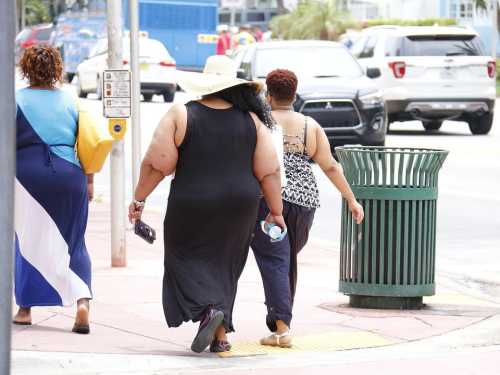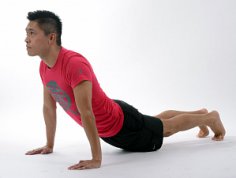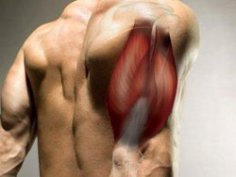
And you don't even need to take my words at face value – just look at the oldest people in the world, and you'll understand everything yourself, Ukr.Media reports.
People living in “blue zones” — places with the highest life expectancies in the world — don't lift weights, run marathons, or pay exorbitant amounts of money for gym memberships.
They simply don't need it, because they already live in an environment that encourages them to move, and that, as we know, is life. They don't run for hours on treadmills, instead they simply garden, walk more throughout the day, and use fewer devices to make housework easier.
Scientists studying the phenomenon of “blue zones” have concluded that daily natural physical activity associated with movement is one of the most effective factors that can influence the increase in life expectancy, and is one of the most common habits among long-livers around the world.
Unfortunately, this lifestyle is not suitable for everyone these days – the modern world has reduced manual work outdoors to a minimum, and now we are increasingly sitting at a desk, staring at a computer screen. All day long.
A job that requires you to be constantly moving and allows you to be outdoors as much as you want… yes, it may seem like a very pleasant and romantic pastime to you, but the realities of this world are different. If 100 years ago, “sedentary” professions made up only 10% of their total number, now this figure is closer to 90%.
And what should we do about it?
Don't worry, even if your job requires you to sit in one place and your day is too busy, you can still add more movement to it.
One of the best ways to do this is to switch to more active modes of transportation. To achieve this, you can start walking your kids to school if it’s not too far, walking or cycling to the store and visiting friends without having to take your car out of the garage unless absolutely necessary. Ideally, you should also walk/bike to work (or at least to the bus or subway stop if that’s not possible).
Studies show that if your commute to work forces you to walk at least 15 minutes every day, that alone can significantly improve your health, and if you can add some additional physical activity to it, it will further enhance the effect.
Besides, according to statistics, the only thing people hate more than the daily commute is housework. However, it is quite possible that they would treat household chores much more favorably if they reminded themselves more often how much all these natural movements we perform while doing such work prolong life.
If your job is too far to walk to, you can still carve out some time for a short walk.
A recent study by the American Cancer Society found that walking for at least six hours a week significantly reduces the risk of dying from cardiovascular disease and even cancer, compared to people who commute mostly by car. What’s more, even walking for just two hours a week reduces the risk of serious diseases and helps significantly increase life expectancy.
Among other things, walking is also very beneficial for your brain. According to a study conducted by Anders Hansen, MD, a physician and general practitioner at the Karolinska Institute in Sweden, taking a daily walk reduces the risk of developing dementia by as much as 40%.
If you don't really like walking for hours on end or, say, the weather isn't very good, just break your walk into several parts. For example, you can walk for five minutes every hour – it's not difficult. Just try to get up from your desk for a short while every hour and walk a little, and during lunch, be sure to go outside and get some fresh air.
Our bodies were designed by nature not to sit in one place, but to move. But this does not mean that you must go to the gym to do this. To live a long and healthy life, you do not need to regularly lift weights or do grueling workouts.
Simple, natural movements that you can do every day can have as much, if not more, impact on your life than exercise. Do what the world’s longest-living people do—move naturally.
Джерело: ukr.media






